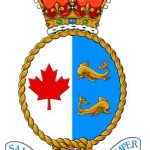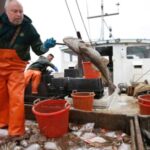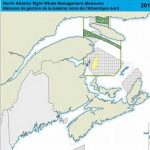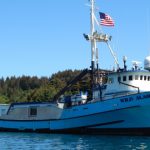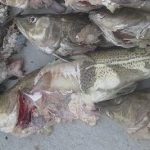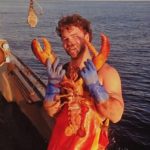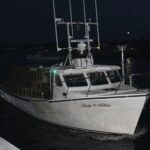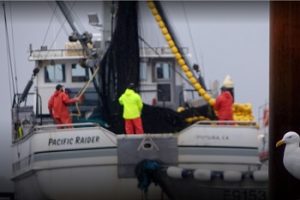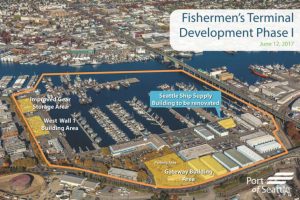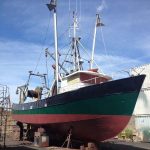Tag Archives: geography professor
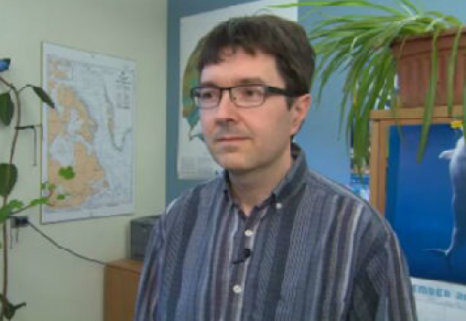
Industry has too much sway in Marine Protected Areas, says scientist
After a decade of deliberation, an ecologically sensitive area in the Laurentian Channel in the Gulf of St. Lawrence is entering the final stage of Marine Protected Area (MPA) status approval.
But Rodolphe Devillers, a geography professor at Memorial University who specializes in marine conservation, is skeptical about just how much protection the designation will provide. At just under 12,000 square kilometres, the Laurentian Channel Marine Protected Area will be the largest in Canada, and the third protected area in Newfoundland and Labrador. It falls between Cape Breton and Newfoundland’s southern shore, along the edge of the 3PS fishing zone.,,, But Devillers said the industry has far too much influence on the establishment of these areas. click here to read the story 09:35
DFO needs to make science a priority in decision making, geography prof says
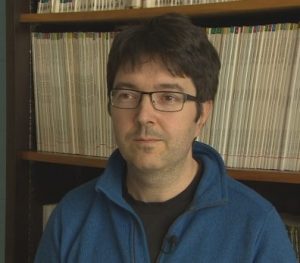 Following the recent protests at DFO, a geography professor at Memorial University is speaking out. Rodolphe Devillers, who specializes in marine conservation, says the Department of Fisheries and Oceans needs to make science more important in decision making. “I’m very sympathetic for fishers. I understand that they’re angry and they have to talk and DFO has to listen to them,” he said. “What I’m less sympathetic with is the organizations that are around the fisheries that are very strong at lobbying and that can pressure DFO to actually modify and increase the quota systematically despite the advice of science.” Devillers said if the scientific data states what is acceptable, the fishing industry will then push to make the quota higher. click here to read the story 17:35
Following the recent protests at DFO, a geography professor at Memorial University is speaking out. Rodolphe Devillers, who specializes in marine conservation, says the Department of Fisheries and Oceans needs to make science more important in decision making. “I’m very sympathetic for fishers. I understand that they’re angry and they have to talk and DFO has to listen to them,” he said. “What I’m less sympathetic with is the organizations that are around the fisheries that are very strong at lobbying and that can pressure DFO to actually modify and increase the quota systematically despite the advice of science.” Devillers said if the scientific data states what is acceptable, the fishing industry will then push to make the quota higher. click here to read the story 17:35
Marine protected areas not holding up
 “The Canadians and the people in Newfoundland, we have to be open to this,” said Rodolphe Devillers, lead author for the study undertaken by those researchers. “It’s either we want to make the sacrifices safe in terms of access to parts of the water, or then we have to accept that we’re not going to make no difference to conservation and that fish is slowly going to disappear.” Read more here 08:08
“The Canadians and the people in Newfoundland, we have to be open to this,” said Rodolphe Devillers, lead author for the study undertaken by those researchers. “It’s either we want to make the sacrifices safe in terms of access to parts of the water, or then we have to accept that we’re not going to make no difference to conservation and that fish is slowly going to disappear.” Read more here 08:08

































